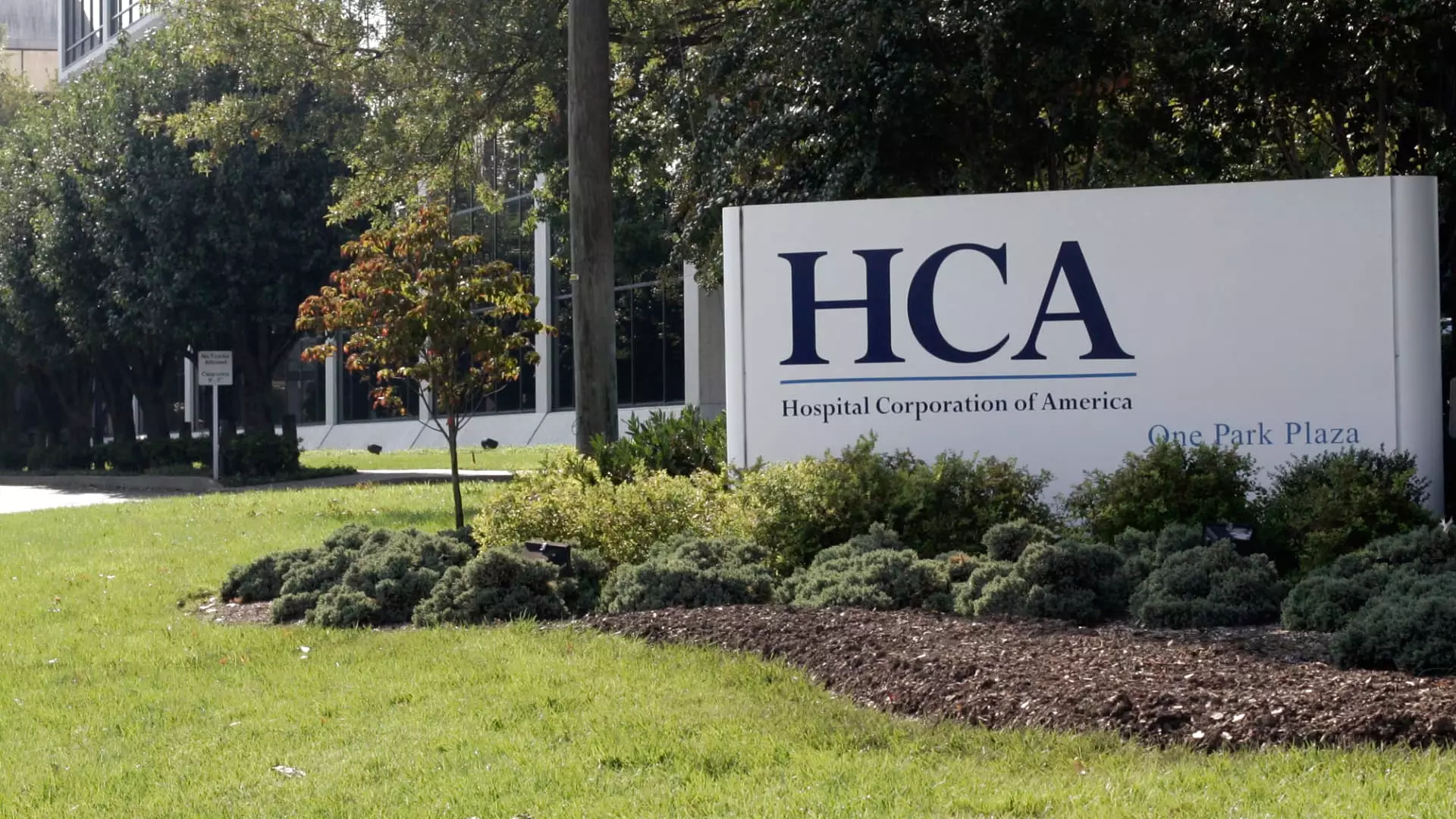In the backdrop of a compelling market rally in 2024, characterized by a consecutive annual gain of over 20% for the S&P 500, recent trading patterns have generated unease among investors. The so-called Santa Claus rally, traditionally marked by a surge in stock prices during the holiday season, saw an unexpected skip this year. As the final trading days of 2024 unfolded, major U.S. stock indexes closed on a downward trend, culminating in a notable three-week stretch of negative performance for the dominant market indexes.
Financial analysts and investors are paying close attention to the relative strength index (RSI), a tool that assesses the velocity and magnitude of price movements, to identify oversold stocks that may soon rebound. A 14-day RSI below 30 is often indicative of oversold conditions, suggesting that stocks may be due for a correction upward. This analysis offers a critical lens through which to assess potential investment opportunities in a turbulent market.
Recent findings from the CNBC Pro stock screener have brought several names into the spotlight, highlighting equities that register significantly depressed RSI levels. Among these, HCA Holdings stands out with an RSI reading of just 22.4, placing it among the most oversold stocks within the S&P 500. Despite public perceptions skewed by political developments—particularly those relating to health care under a potentially new administration—analysts maintain a consensus buy rating on HCA. This sentiment indicates that the stocks’ recent downward movement could be excessive, setting the stage for a possible recovery.
Investor hesitance regarding HCA stems largely from its connection to Medicaid and the Affordable Care Act, both of which may face legislative uncertainties. Nevertheless, with an average analyst price target suggesting a substantial upside of nearly 37%, HCA’s valuation appears to invite cautious optimism. The stock’s 9% downturn over the past month signals potential entry points for investors willing to adopt a bullish perspective.
Conversely, Molson Coors Beverage has also emerged on the oversold list, showing notable trading activities with an RSI of 23.5. Despite a conditional hold rating from Wall Street, projections indicate that the stock may rebound by over 13%. Recent external pressures on the alcohol sector—particularly statements from the U.S. surgeon general regarding alcohol consumption risks—have contributed to Molson Coors’ underperformance, resulting in an approximately 10% decline in just one month. Nevertheless, analysts are optimistic about future recovery, citing an anticipated normalization of beer industry sales in 2025, with upgrades reinforcing the stock’s solid growth potential.
In addition to the health care and beverage industries, the steel manufacturing sector is also seeing retractions. Companies like Nucor and Steel Dynamics find themselves navigating challenges spurred by softer demand in construction and manufacturing, alongside increased import prices for select steel products. As factories scale back production amid uncertain demand, these companies’ stock valuations have suffered, ushering them onto the radar of astute investors assessing potential recovery candidates.
The convergence of these market dynamics outlines a nuanced view of potential opportunities. While the narrative of declines might evoke a sense of trepidation in the broader market context, the discovery of stocks presenting oversold conditions invites a reexamination of value.
Overall, the current state of the market, with its inherent volatility and fluctuations, underscores the importance of diligent research and analysis. Stocks showing signs of being oversold, such as HCA Holdings, Molson Coors, Nucor, and Steel Dynamics, are presenting invitations to investors prepared to weather volatility in exchange for future potential gains. As 2024 unfolds, the challenge will be to balance caution with calculated risk-taking in order to capitalize on recovery opportunities. The strategy should focus on realizing long-term value rather than getting carried away with momentary market sentiment.

